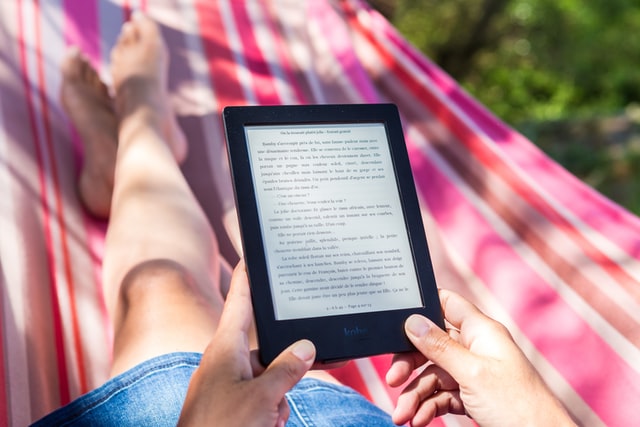
Yesterday, the Association of American Publishers (“AAP”) announced it had filed a lawsuit in federal district court against the state of Maryland seeking to block the state’s new e-book lending law from taking effect on January 1st, 2022. This year, Maryland was the first of several states to pass a bill requiring publishers to license e-books to libraries on “reasonable terms,” and is the only state in which such a law is set to go into effect. Authors Alliance has written about this type of state legislation in the past, and we have been following these developments closely throughout the year.
State E-Book Lending Legislation
In 2021, multiple states proposed—and in some cases, passed—state legislation requiring publishers to license e-books to libraries on reasonable terms. The legislation responds in part to publishers’ trend in recent years of charging libraries higher prices for e-book licenses than they do consumers: in some cases, libraries must pay up to five times as much as an individual consumer for an e-book license. Moreover, these licenses often come with restrictive terms, such as limits on the number of times an e-book can be checked out before the license is terminated. The issue gained particular salience during the COVID-19 pandemic, as libraries across the country shuttered in-person operations, and patrons were forced to turn to e-books and other digital services in order to access library resources.
The Maryland Legislation
In March of this year, the Maryland state legislature unanimously passed the Maryland library e-book lending bill. Before the bill could become law, it faced last-minute opposition by the AAP, which claimed the bill was unconstitutional. Nevertheless, Governor Larry Hogan announced that the bill had become law in May, and would go into effect in January of next year. Described by its proponents as “fairly mild,” the Maryland legislation requires “a publisher who offers to license an electronic literary product to the public to also offer to license the product to public libraries in the State on reasonable terms that would enable public libraries to provide library users with access to the electronic literary product.” “Reasonable terms” are not explicitly defined in the statute, leaving Maryland libraries and publishers to negotiate these terms.
Constitutionality of State E-Book Lending Legislation
Following the Maryland law’s passage, the AAP maintained that it viewed the legislation as unconstitutional, arguing that the legislation interferes with the federal copyright scheme and is thus “preempted” by federal law. Then, in August, the Copyright Office weighed in on the matter in response to a letter from Senator Thom Tillis expressing concerns about these legislative efforts. The Office stated that, in its view, the legislation was likely preempted by the federal copyright scheme under a legal theory known as “conflict preemption,” which applies when a state law and federal law conflict such that it is not possible to comply with both. However, it is important to note that determining the constitutionality of a particular state law is the providence of the courts, not Congress (of which the Copyright Office is a part), so this opinion is merely an advisory one. Moreover, the Office noted that the specific legal question at issue has not been addressed by any U.S. court, creating additional uncertainty about whether the laws might be preempted.
The AAP’s Lawsuit
In its complaint, the AAP reiterates its position that Congress, and not state legislatures, has the power to create laws governing copyright and uses of copyrighted works, calling the Maryland legislation “a frontal attack on these federal rights.” It also argues that “the vitality of the publishing industry” depends on publishers’ ability to make business decisions—including whether to license their e-books to libraries and on what terms. The AAP also sent a letter to New York governor, Kathy Hochul, urging her to veto the New York analogue to the Maryland law on similar grounds. Overall, the AAP takes the position that it is possible for state governments to support libraries without this type of legislation. Yet the fact remains that libraries have consistently had difficulties meeting their patrons’ needs with regards to digital lending: until last year, one of the major publishers even had an embargo in place, preventing libraries from obtaining many copies of new books. Without legislation addressing the issue—such as the Maryland law now under attack—there is no guarantee that publishers will offer libraries e-book licenses on terms they can afford and which meet the changing needs of patrons.
